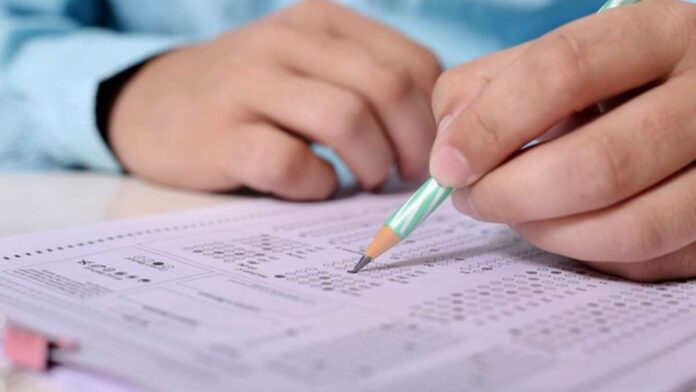Academic workload is a complex and critical issue, especially when it comes to balancing the instructional time and cognitive well-being of students. In the Philippines, there are concerns that K-12 students may be “overworked by design,” given that prescribed minimum classroom hours often exceed both international benchmarks and the standards set by neighboring ASEAN countries.
A study conducted by Maria Fe Carmen Dabbay and a colleague for the Second Congressional Commission on Education (EdCom II) reviewed three decades’ worth of DepEd memoranda on basic education curricula. They found that elementary and secondary students in the Philippines consistently spend more time in class than their counterparts in Vietnam, Malaysia, Thailand, and Indonesia. For example, Grade 3 students in the Philippines spend up to nine more hours per week in class than recommended by cognitive psychology expert François Testu, and seven and a half hours more than Vietnamese standards.
These findings are concerning as excessive instructional time, combined with homework, can lead to student burnout, disengagement, and other negative effects. While DepEd has issued guidelines for reasonable homework during weekdays and a ban on weekend assignments, there are no explicit limits on overall workload.
Efforts to decongest the Philippine K-12 curriculum are ongoing, but there is a need to closely align classroom hours with international standards. A more balanced workload could ensure that instructional time is used more efficiently, reducing undue stress on students while maintaining educational quality.
Ultimately, larger-scale data collection and studies on student workload are essential for informed decision-making. As the current trends suggest, students may be facing overwork due to structural factors, a situation that requires immediate attention from educational authorities.











